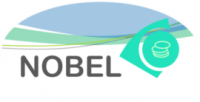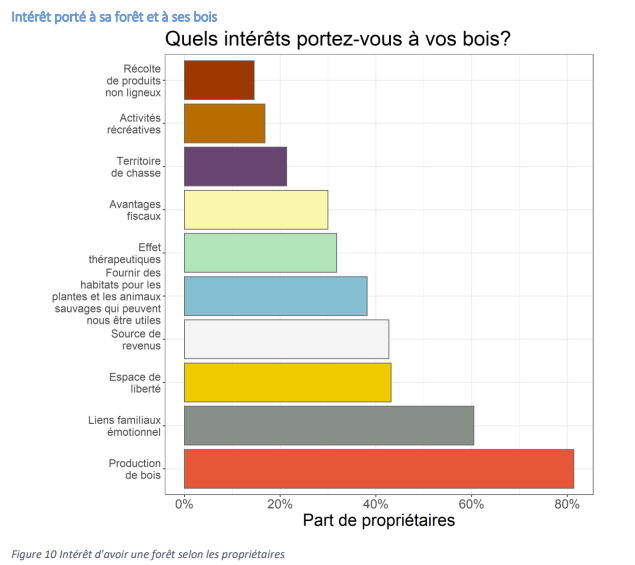The first result of the forest owners survey is delivered by our partner in France and it is in progress by the other partners (Portugal, Spain, Sweden, and Austria). Depending on national research designs some partner institutions circulated the survey in their pilot regions (France, Portugal), others spread it countrywide (Austria).
This survey is conducted to understand whether forest owners are integrating ecosystem services when making management decisions. And it aims to assess which mechanisms forest owners are most likely to select in order to change their practices to provide more ecosystem services.
The target of the French case was private owners whose forest property is located in the Grand East region, who are struggling with some challenges due to climate change such as an increase in the bark beetle population which could reduce the profitability of the traditional model of forest management in certain areas (stand of a single species (especially spruces), same age).
The French survey was implemented in May 2020 and a total of 220 people completed the questionnaire, representing a 25% response rate.
As a conclusion from the survey, It is understood that:
1) Today, forest owners do not wait for incentives to develop environmental practices as they are really aware of the impacts of climate change and the consequences of which they observe on their populations.
2) The nature of the service has a greater impact on the owner’s priorities than the service itself. Considering that, Timber production remains the most important service and interest of forest ownership.
3) Owners are interested in new markets, but not under any condition (Josset et al, 2021).
Finally, the forestry sector of the Grand Est seems to be in full transition, with owners who have already taken the step to more sustainable management of their properties without waiting to be encouraged to do so. Recent crises (bark beetles, drought, storms) are challenging conventional management methods, and the owners are aware of this. Their main demands are not to be the only ones to make the necessary efforts for this transition and the actions implemented on their properties.
For more detailes please check the following report provided by Clement Josset, Jens Abildtrup, Anne Stenger, BETA Nancy, Université de Strasbourg, CNRS, Université de Lorraine, INRAE, AgroParisTech
More information about the French pilot is also available at the following link: https://nobel.boku.ac.at/case-studies/france/

